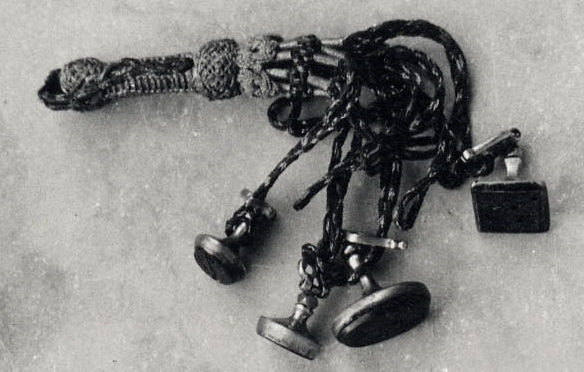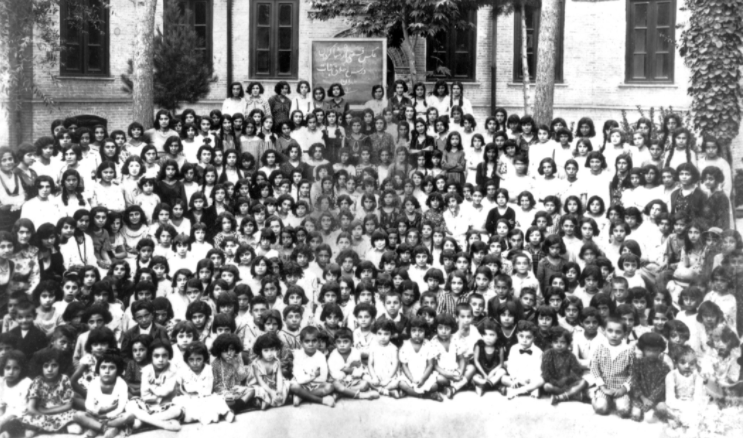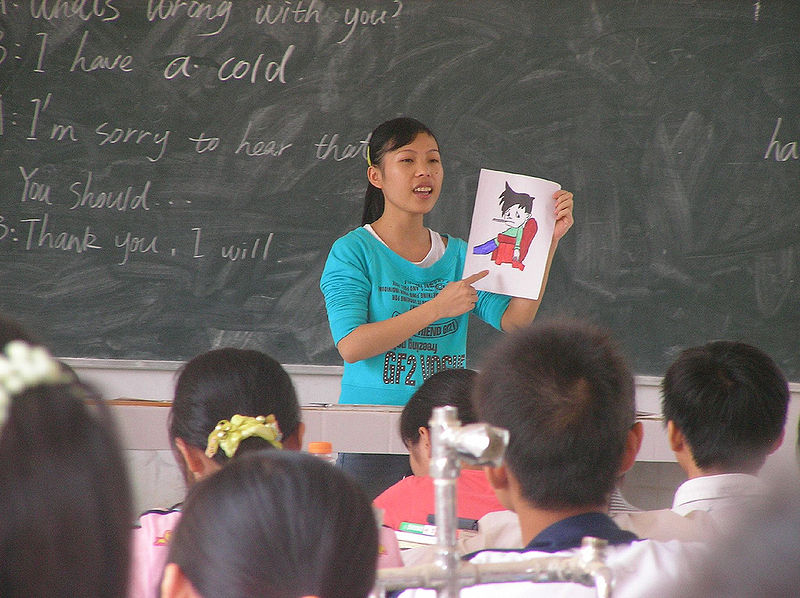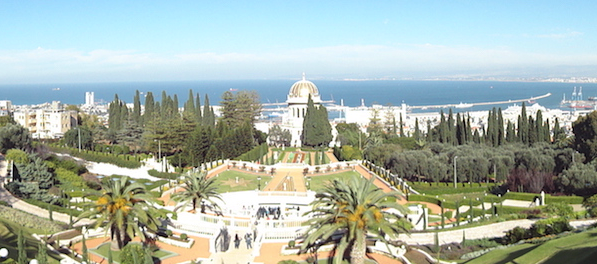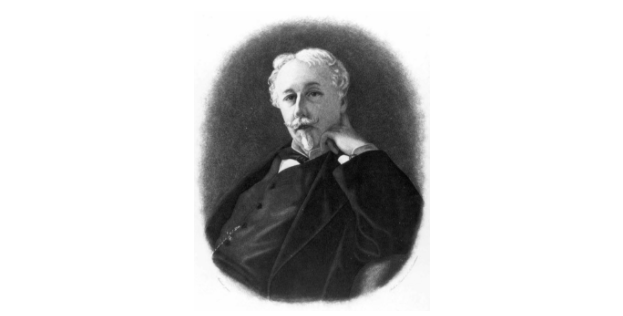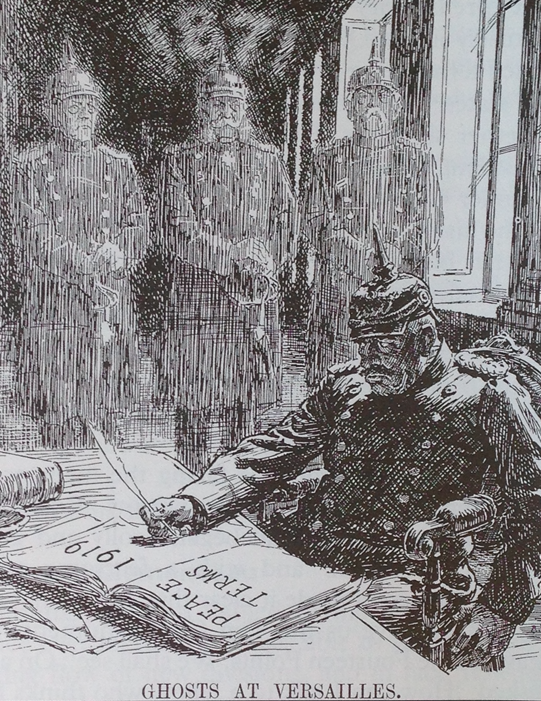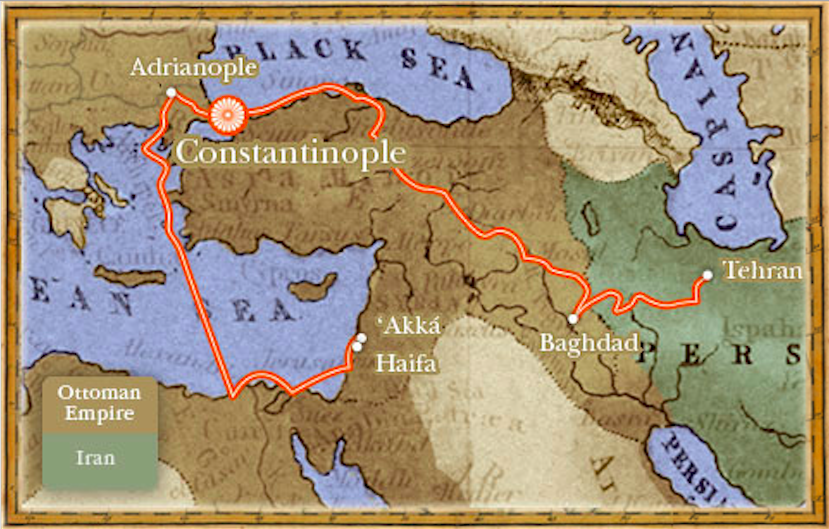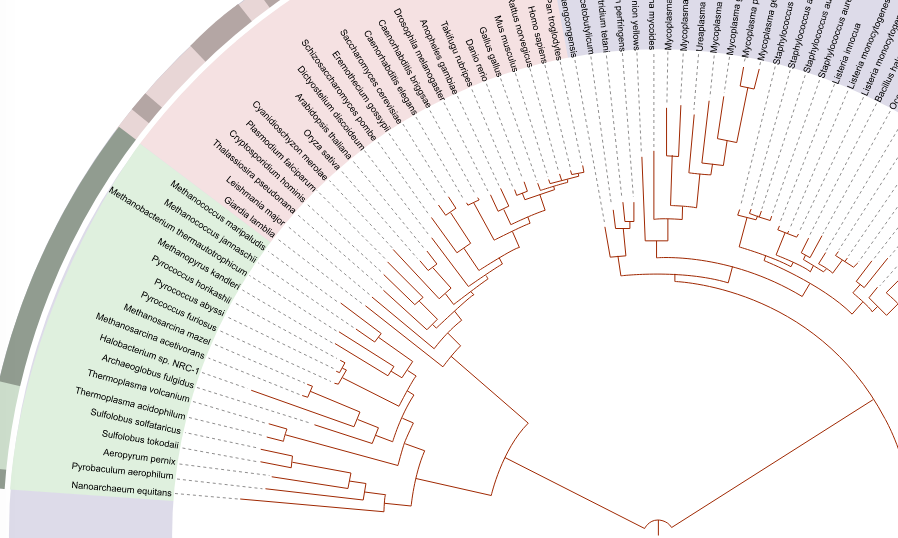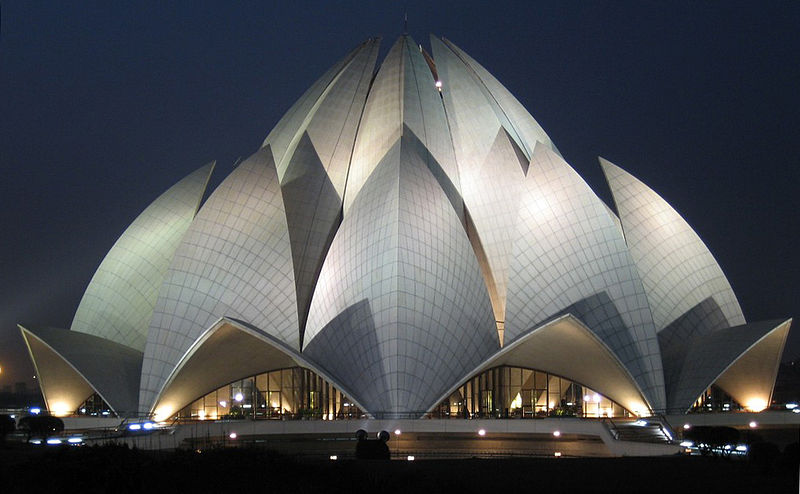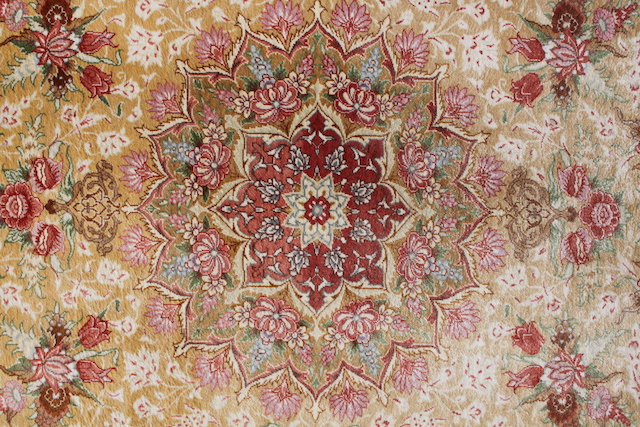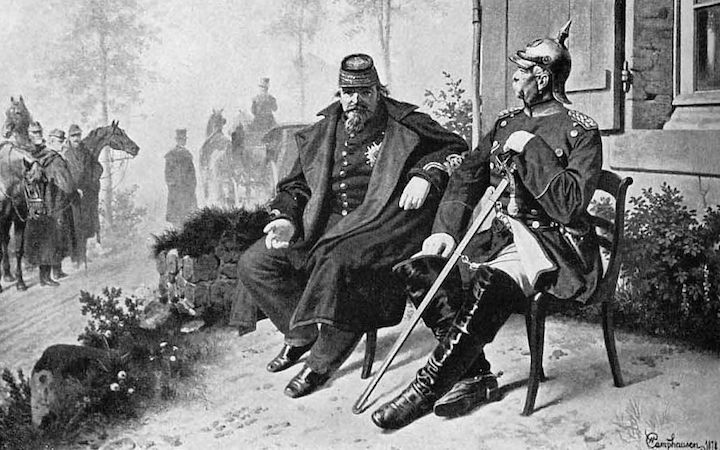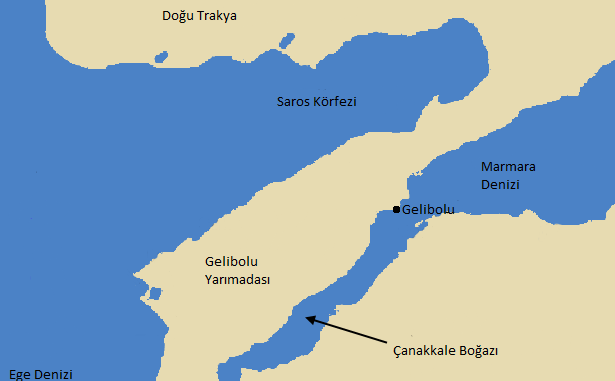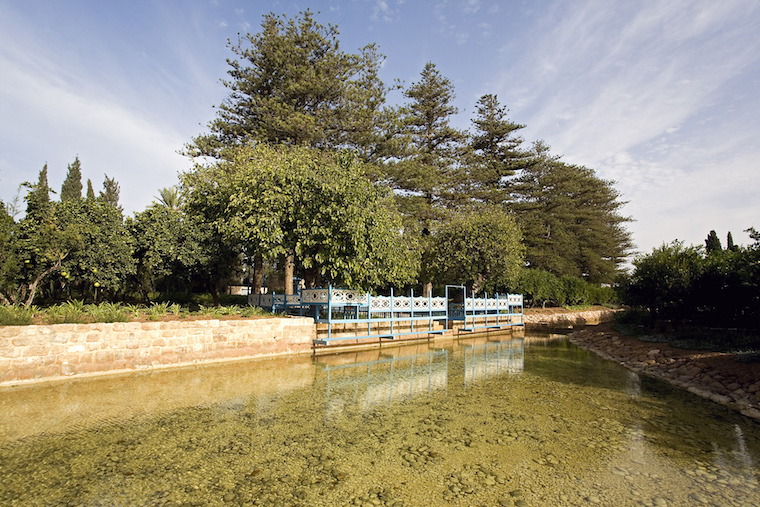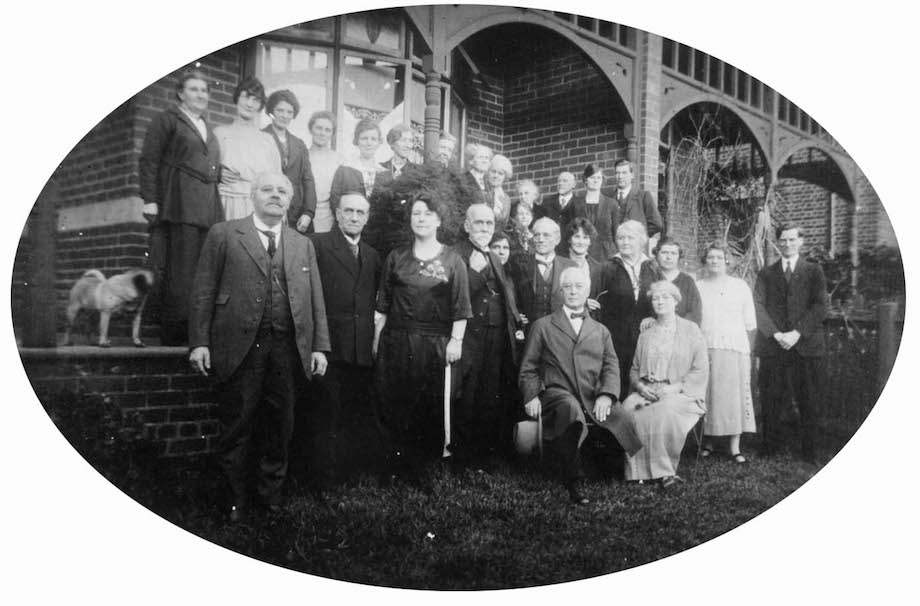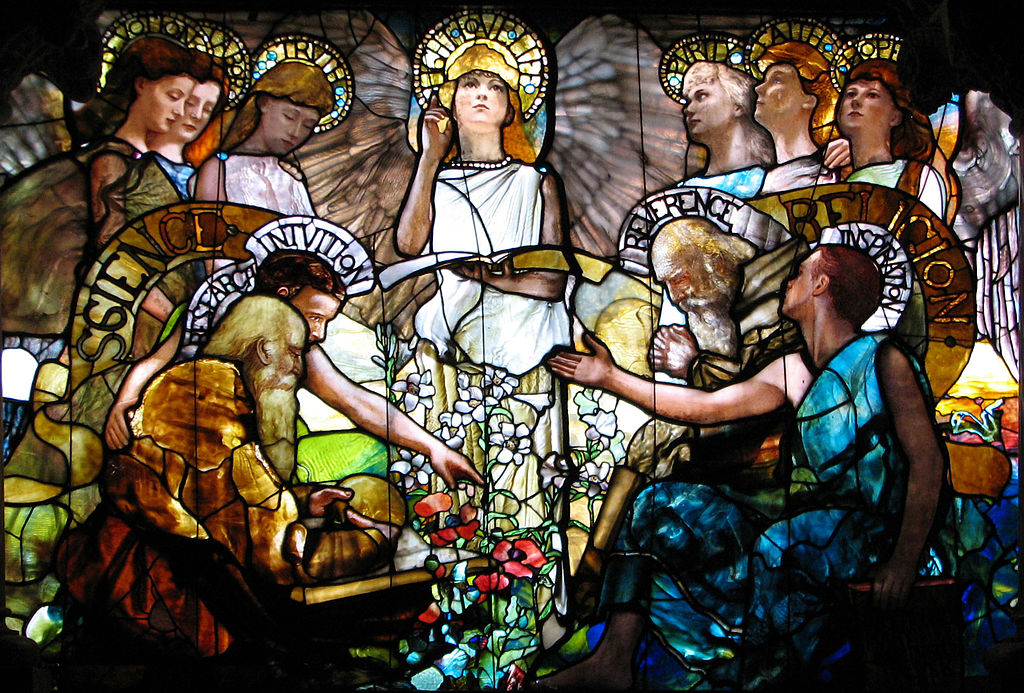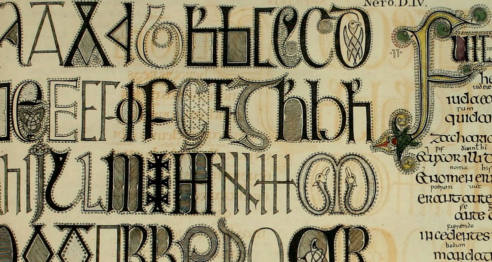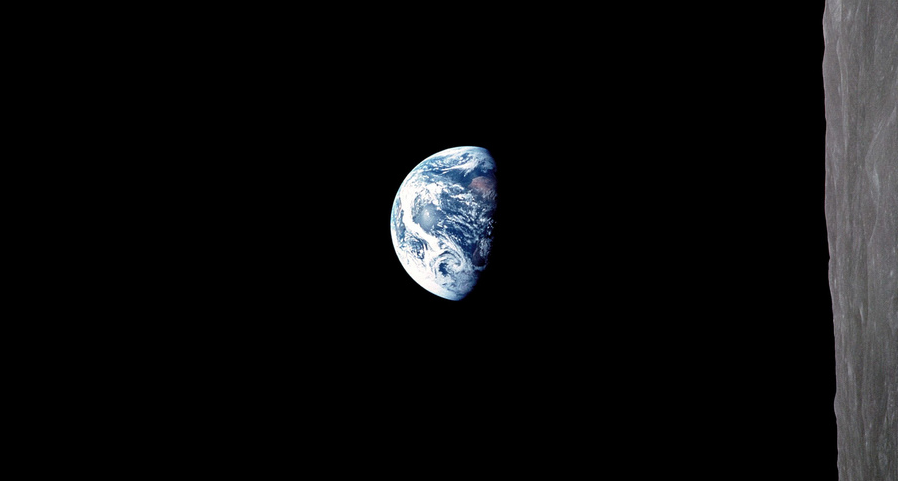-
Bahá’u’lláh defines his mission and teaches about the soul
When Bahá’u’lláh had arrived in Gallipoli, on his way to exile in Akka, we have already seen that he predicted the consequences that would arise from the exile. In, the same letter (the Suriy-i-Rais – the Tablet to the Chief Vizier of the Ottoman Sultan), Bahá’u’lláh also takes time to make clear what the purpose of his mission was. This Youth hath come to quicken the world and unite all its peoples. The day is approaching when that which God hath purposed will have prevailed and thou shalt behold the earth transformed into the all-glorious paradise.[1] Bahá’u’lláh not only states that his purpose is the quicken and unify mankind –…
-
Tablet of the Branch
In Adrianople, Bahá’u’lláh began the public announcement of his mission; writing to kings and rulers and to followers of the Bab. Also from this period, Bahá’u’lláh was already looking far ahead to the time when he would no longer be in the physical world and he was laying the foundations of the Baha’i Faith after his passing. We have already noted the role of Abdu’l Baha in his journeys to the West,[1][2][3][4], and in his role as the foundation stone of human unity. We have seen the extraordinary work schedule that he maintained. In France, his first address was concerned with kindness and welcome to strangers. In the Tablet of the…
-
Origins of Racism: the Case of the Count de Gobineau
When we see racism still at work in our world it is important not only to know its current manifestations but also to understand something of how it arose. This article concerns, Count Arthur de Gobineau, a man who is often labelled a “father of racism”. Of course, no one individual is solely responsible – but he was clearly one of those whose influence contributed to the strengthening of racist ideology. Curiously enough he also appears as the European historian who wrote the first extensive account of the birth of the Babi religion, as we have seen in the article on E.G Browne. Regrettably, it appears, Gobineau did not pursue…
-
White Australia Policy
Most us take a multicultural, multiracial reality in our stride – a normal and welcome part of life. It is a very recent development. For a Faith that arrived in Australia when the White Australia policy was the law, it inevitably raised questions for some of the newly enrolled Baha’is. How were they to square their religious beliefs – with the expectations of the society around them? And maybe with their own unexamined prejudices about their fellow human beings? The period in question unfolded mostly during the time that Shoghi Effendi led the Baha’i Faith. And at a general level, the likely answer was clear enough. Baha’u’llah came to establish the…
-
The Interconnection of All Things
All things are interconnected. … every part of the universe is connected with every other part by ties that are very powerful and admit of no imbalance, nor any slackening whatever.[1] When Abdu’l Baha made comments of this kind he had in mind the interconnection between the material, plant, animal and human kingdoms. The atoms that make us up transition between these worlds remaining unchanged in their essence although entirely transformed in their outward characteristics. Indeed we could not exist but for the fact that the atoms that make up our bodies were long ago manufactured in the nuclear processes of a star. As each component atom or element in…
-
Balancing Material and Spiritual Civilization
“No matter how far the material world advances, it cannot establish the happiness of mankind. Only when material and spiritual civilization are linked and coordinated will happiness be assured. “[1] With these words Abdu’l Baha introduces another of the great principles of Baha’u’llah’s teachings. In short – that true civilization implies a balanced progress of material and spiritual – with neither predominating. The immediate implication of this balancing of the material and spiritual is in the realm of human activity and human relationships. Then material civilization will not contribute its energies to the forces of evil in destroying the oneness of humanity, for in material civilization good and evil advance…
-
Words of Love
I loved thy creation, hence I created thee. Wherefore, do thou love Me, that I may name thy name and fill thy soul with the spirit of life.[1] Armed with the power of Thy name nothing can ever hurt me, and with Thy love in my heart all the world’s afflictions can in no wise alarm me.[2] Commit not that which defileth the limpid stream of love or destroyeth the sweet fragrance of friendship. By the righteousness of the Lord! Ye were created to show love one to another and not perversity and rancor. Take pride not in love for yourselves but in love for your fellow-creatures.[3] Set ye aside My love, and commit what…
-
Harmony of Science and Religion — Dispelling Superstition
“Among … principles of Bahá’u’lláh’s teachings was the harmony of science and religion.” With words such as these ‘Abdu’l-Bahá introduces us to another core principle he identifies in Bahá’u’lláh’s teachings and thought. But what does this principle mean and how does it relate to the quite fractious debates that emerge from time to time in society? ‘Abdu’l-Bahá goes further: Religion must stand the analysis of reason. It must agree with scientific fact and proof so that science will sanction religion and religion fortify science. Both are indissolubly welded and joined in reality. If statements and teachings of religion are found to be unreasonable and contrary to science, they are outcomes…
-
Oneness of Humanity — Reconstruction and Demilitarisation of the Entire World
When you say you believe in the oneness of humanity, sometimes people think you are making a “motherhood and apple pie” statement. “Let’s all love each other”. It’s true that in one sense that’s exactly what it means. But it also implies far more. Shoghi Effendi, Bahá’u’lláh’s great-grandson, in the 1930’s and in the lead up to World War II, provided an analysis of the implications of this principle. Let there be no mistake. The principle of the Oneness of Mankind — the pivot round which all the teachings of Bahá’u’lláh revolve — is no mere outburst of ignorant emotionalism or an expression of vague and pious hope…. It calls…
